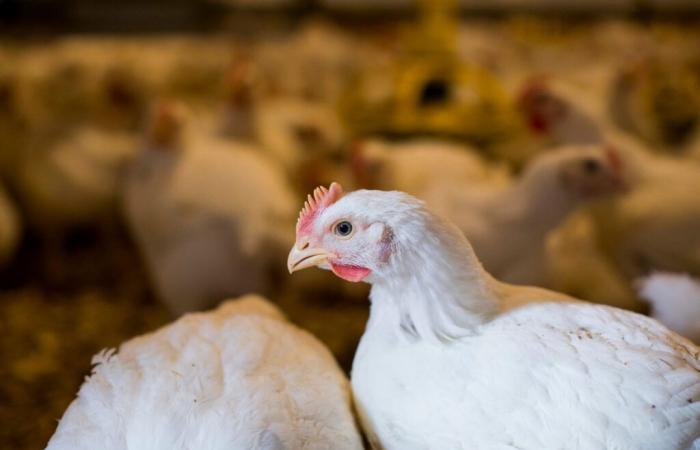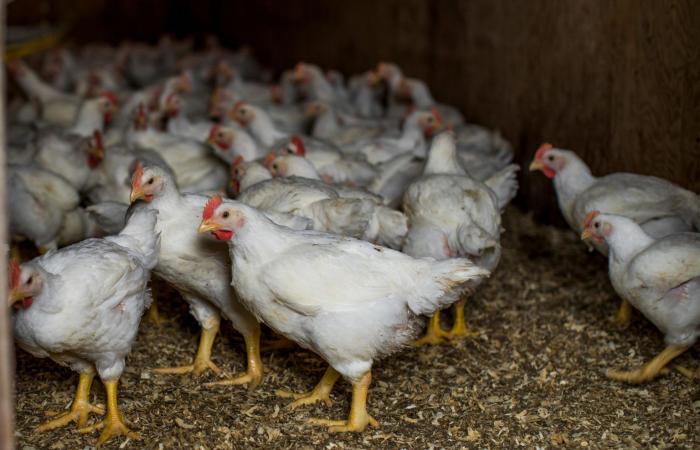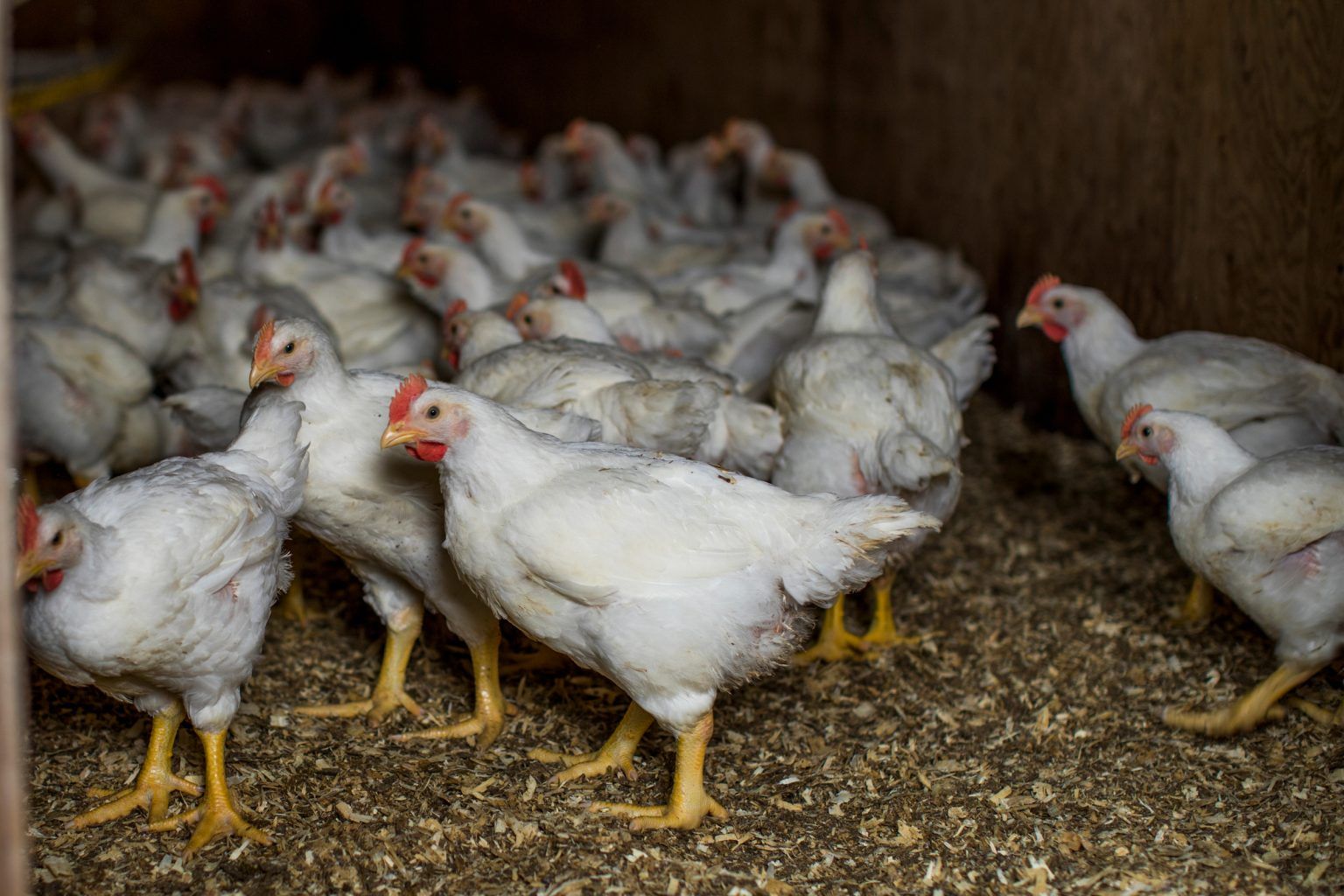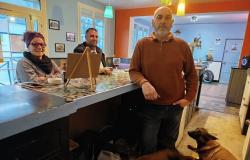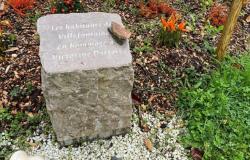AGRICULTURE. The Canadian Food Inspection Agency reported three episodes of avian flu last week in the province. A situation which is not without concern for the president of the Poultry Breeders of Quebec, Benoît Fontaine
The first cases were reported on a poultry farm in Saint-Hélène-de-Bagot and on a farm in Carignan, in Montérégie. A third establishment, located in the Lotbinière MRC, was also infected.
“The only positive element is that none of the 620 chicken and turkey breeders in Quebec have yet been affected, but everyone remains vigilant,” says Mr. Fontaine.
The latter says he takes the problem very seriously, because Quebec produces 75 million kilograms of chicken every eight weeks.
“Even if the concentration of livestock farms is much less important in Quebec than in the Fraser River valley in British Columbia, there is no risk to take because we can hardly afford to paralyze an industry of this magnitude,” he insists.
Mr. Fontaine also wishes to point out that chicken and turkey are eaten well cooked and that cooking destroys pathogens. Their consumption, he says, therefore poses no risk to human health.
Critical periods
The spread of avian flu is generally attributed to indirect contact.
“Wild birds – ducks, geese, snow geese – stop near farms during their migration. The infectious material contained in secretions and excrement contaminates the soil and can be transmitted to a domestic bird farm by a person or animal that comes into contact with it,” explains Martin Pelletier, general director of the Équipe québécoise de poultry disease control (EQCMA).
Benoît Fontaine agrees.
“There are two critical periods, spring and fall, during massive movements of migratory birds. It is always with a certain apprehension that we see a sailboat of geese pass over our fields or near our henhouses,” he explains.
The general director of the EQCMA adds that it is impossible to determine the exact cause of the source of contamination of a poultry farm.
“There is a lot of coming and going on bird farms. Security breaches are among the main risk factors, while aerosols that spread between two close buildings can be considered secondary factors. Depending on the season, mechanical carriers of pathogens such as flies, insects and vermin can also be involved,” specifies Mr. Pelletier.
Protective measures
Even though the presence of avian flu is relatively recent in Quebec, Martin Pelletier does not expect the virus to disappear in the short term.
“Avian influenza will pose a significant threat for several years. As it is a virus that mutates frequently, we will have to remain vigilant,” he says.
Mr. Pelletier therefore recommends that breeders pay particular attention to biosecurity measures (physical barriers, replacement of boots and clothing at the entrance to buildings, etc.).
Benoît Fontaine points out that all of his company’s chicken coops are equipped with fans and one-inch-diameter screened air inlets to prevent the entry of small, unwanted animals.
In order to minimize the risks of contamination, the group of Poultry Breeders of Quebec emphasizes in particular the importance of prohibiting any non-essential visits to breeding farms during critical periods.
“Our group also encourages its members to have two separate equipment fleets. A first for exterior work and another for work inside or near buildings. Machinery used in the fields should not come near poultry houses. In the same way, we must keep combine harvesters as far away from henhouses as possible,” continues Mr. Fontaine.
Mr. Fontaine points out that his company has installed anti-perches on the roof of silos and ladders to discourage wild birds from using these facilities.
“We are the first and still the only ones in Quebec to use anti-perches,” he says.
On Benoît Fontaine’s farm, the presence of trees and outdoor water basins is also prohibited, always with the aim of not attracting wild birds near the henhouses.

